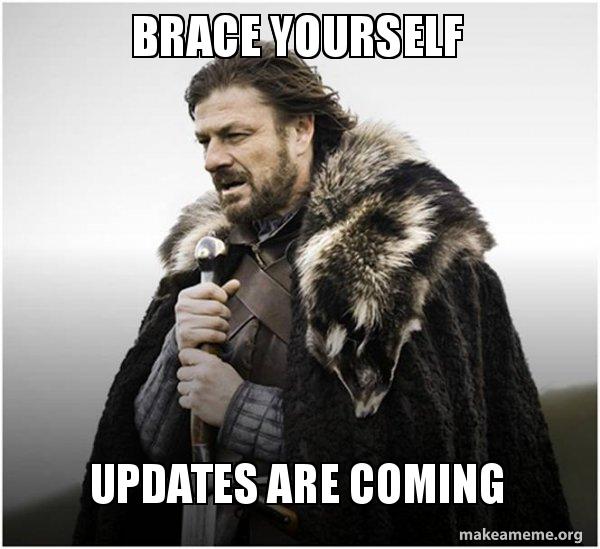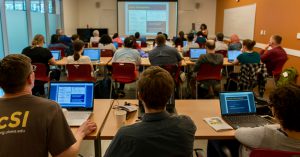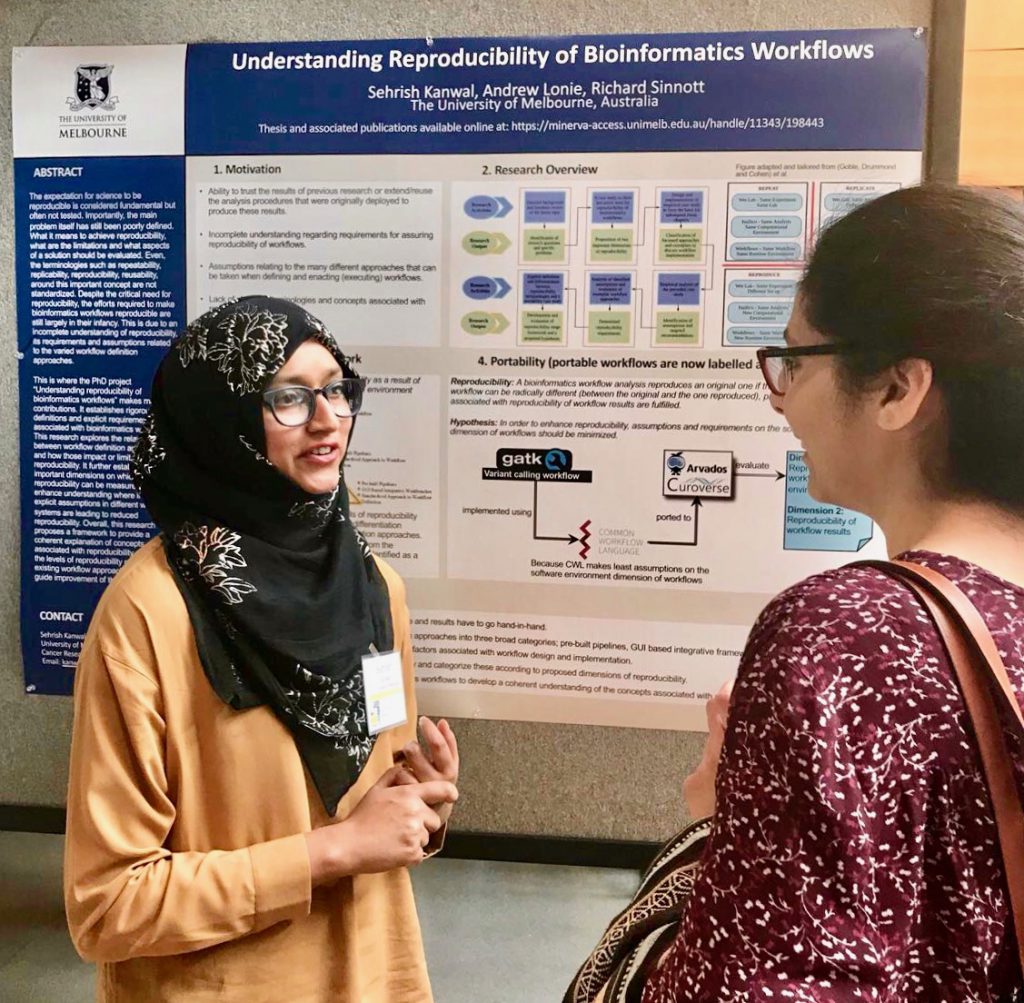BOSC 2019 will be part of ISMB 2019 Every year until 2018, BOSC was part of the annual ISMB conference as a community of special interest (COSI, formerly known as a SIG, Special Interest Group). As part of our continuing quest to broaden and deepen the BOSC community, we decided to perform an experiment this year by partnering with the Galaxy Community Conference rather than with ISMB. As we reported, the experiment was a success–participants were overwhelmingly positive about the experience, and the conference did attract a somewhat different mix of attendees than in past years. However, we also concluded that there are some advantages to meeting with ISMB–for example, it attracts more students and postdocs, and the presence of other COSI tracks provides a wider range of scientific topics. Moreover, unlike the GCC 2018 venue, the venue already chosen for GCC 2019 has a number of drawbacks: we wouldn’t be able to run similarly-sized parallel sessions; registration prices wouldn’t be as affordable as in 2018; and the venue would not be able to accommodate the larger (160 people) and longer (four days) CollaborationFest that was one of the highlights of GCCBOSC 2018.For these and other reasons, the BOSC organizing committee concluded that the best way to serve the broadest community of potential BOSC attendees will be to partner with ISMB some years and GCC some years. We therefore plan to hold BOSC 2019 in Basel as part of ISMB. We hope to partner with GCC in 2020 at a North American site to be determined, or in 2021 in Europe.Wherever we hold future BOSCs, you can be sure that they will include a wide range of topics in open science and open source bioinformatics, and we hope that they will draw an ever-diversifying mix of attendees. As always, we welcome your feedback about what you liked in past BOSCs and your suggestions for the future. Feel free to email us ( bosc@open-bio.org) or tweet (@OBF_BOSC).
[Read More]

 Figure 1. Participants at one of the GCCBOSC training workshops. (All GCCBOSC photographs in this post are from
Figure 1. Participants at one of the GCCBOSC training workshops. (All GCCBOSC photographs in this post are from 
 Figures 2,3. Attendees and presenters mingled at the poster/demo sessions.
Figures 2,3. Attendees and presenters mingled at the poster/demo sessions.